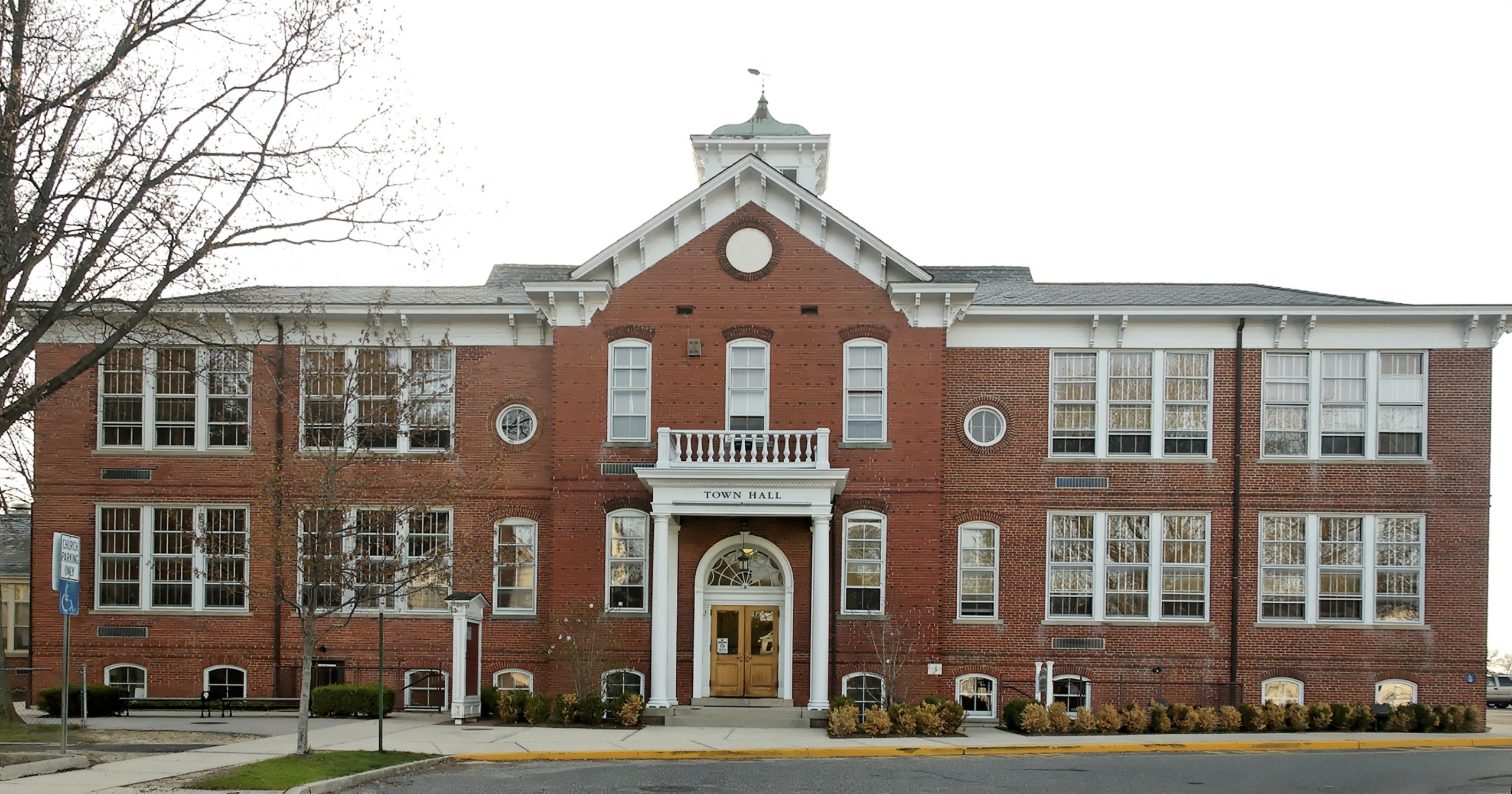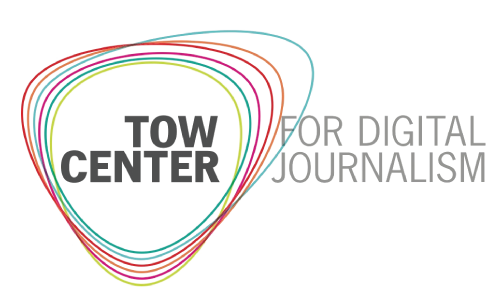Sign up for The Media Today, CJR’s daily newsletter.
In June, the New Jersey legislature will invest $5 million in local news initiatives. It’s not the amount of the money that’s shocking—$5 million for such purposes is a pittance—but the fact that an American state government wants to invest in journalism at all.
In other countries, this wouldn’t be news. Per capita, Western countries spend an average of $86 annually on public broadcasting, but in the U.S. that number is about $3. The distaste for government money in journalism runs on both sides. American journalists tend to bristle at the idea; terms like “state-run media” get thrown around.
What is so interesting about the New Jersey Civic Information Bill is it seems to acknowledge in a very concrete way that “journalism” is not just its own island floating out in the middle of the ocean somewhere, but rather is just one part of a larger interconnected system that supports democratic life.
It’s easy to pontificate about the crucial role of journalism in a democracy. British journalists will point out with a derisive snort that American journalists take themselves too seriously already. But what would happen if we took that idea further? If we came to see the crisis in journalism as so interconnected with other problems that it ceased to be specifically about journalism at all?
ICYMI: What the media gets wrong about opioids
The long view
Imagine you have a camera zoomed in on “journalism.” If you were to pull your focus out—if you considered it a “wicked problem”—you’d see the boundaries of “journalism” start to blur into the boundaries of voting rights, education, the balance of power between the legislative branches, a fair judicial system, and so on—in other words, all the other elements put in place by America’s founders to give democracy a fighting chance. All of these factors are interdependent on each other, like the root system of a rhizome—a subterranean plant system whose above-ground parts are expressions of its roots, and not the other way around. It’s not a coincidence that journalism is in crisis at the same time that our education system is in crisis—our public schools struggling to produce literate citizens, our higher education institutions putting a generation in crippling debt—or that voting rights are in serious jeopardy, or that the justice system sends African-Americans to prison at five times the rate of whites. It’s not a coincidence that all this is happening as the top 1 percent of American households has come to control more wealth than the bottom 90 percent combined. The whole system is out of whack.
It might sound horribly overwhelming, or perhaps just not very practical, to think of the crisis in journalism as part of a problem as vast as how to maintain a democracy. On the other hand, when you expand the boundaries of the problem, you also expand the scope of possibilities. Could fixes for the crisis in journalism lie outside of “journalism”? Should we be working to shrink the growing divide between rich and poor as hard as we’re working to launch “audience-focused” newsletters? The undemocratic repercussions of vast income disparity has long been understood: In his 2003 book Wealth and Democracy: A Political History of the American Rich, Kevin Phillips (a former Republican party strategist) wrote that America’s founders nearly passed an amendment to the constitution that no one person would ever be worth a certain percent more than another.
Civilization itself holds a stake in journalism
Journalism training in American teaches us to believe we’re supposed to be “neutral.” But the reality is journalists are as much stakeholders in the success or failure of the democratic experiment as anyone. Does this lead to partisanship? According to the Oxford English dictionary, partisanship comes from the 16th-century French, and means “a strong supporter of a party, cause or person.” Considering the American free press was established as part of a system of safeguards against tyranny, it would seem odd for journalists to refuse to acknowledge themselves as strong supporters of democracy. This doesn’t mean supporting a certain party, but it should mean supporting those who help real democracy flourish.
The New Jersey Senate’s decision to invest money in local journalism was an acknowledgment that all the stakeholders in a real democracy need to rethink their relationships to one another. The bill creates a consortium led by The College of New Jersey, Montclair State University, the New Jersey Institute of Technology, Rowan University, and Rutgers University to fund both start-ups and legacy organizations to produce more and better journalism. It will also make grants specifically for work done in low-income and minority neighborhoods, which are disproportionately underserved.
This might feel uncomfortable at first. It’s certainly a change, and it won’t be easy. We’ll have to navigate around pitfalls, and hold on tight to our goals and values; evaluate and reevaluate. But these are extraordinary times and everything is at stake. If we can overcome the discomfort, and the fear of pitfalls, we will find ourselves with a long list of potential new allies—people across the spectrum working to bring balance to our system.
READ: When a candidate has fake credentials—and sends you her fake diploma
Has America ever needed a media defender more than now? Help us by joining CJR today.





